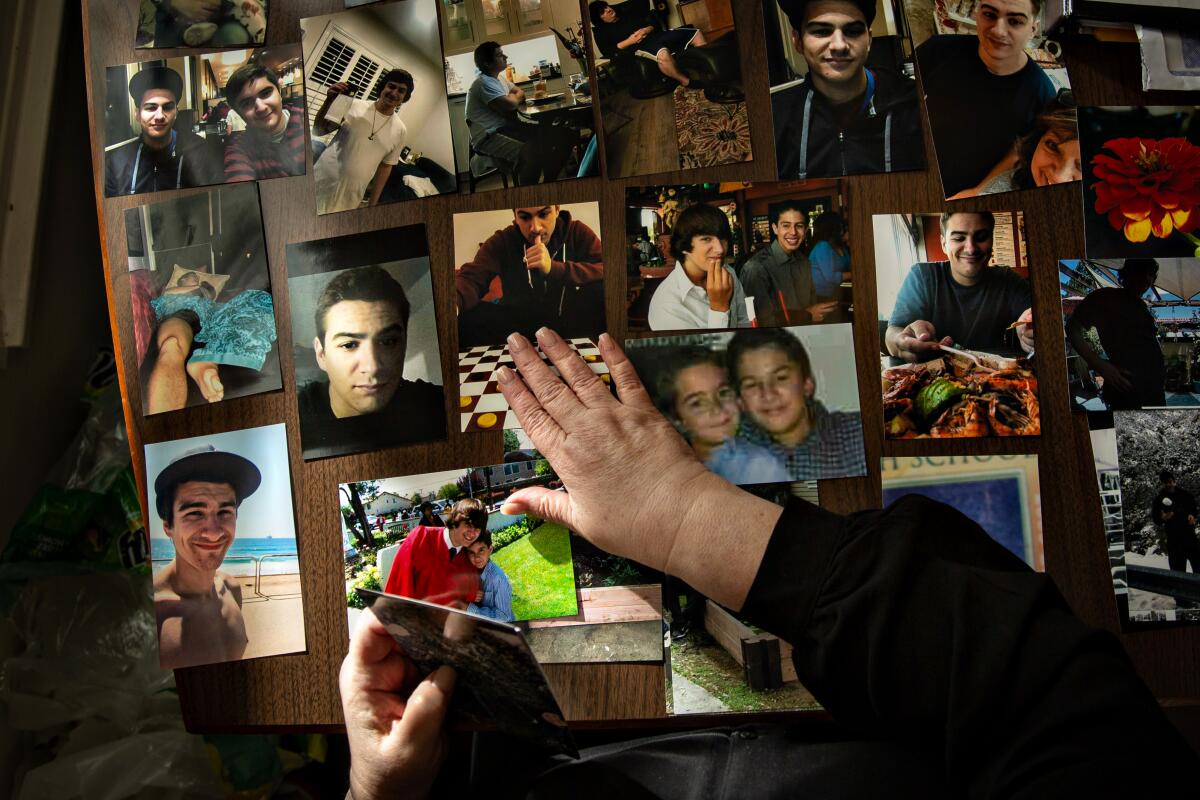Letters to the Editor: California made a huge mistake closing its psychiatric hospitals

To the editor: As a firefighter and paramedic in Santa Barbara, I responded to medical emergencies involving homeless people, getting to know their stories and histories. Most homeless people I assisted suffered from schizophrenia. (“A failing mental health system leaves this mother pleading: Keep him in jail,” Dec. 12)
In a second career, I worked as a mental health counselor in a 12-bed residential rehabilitation facility treating people with severe schizophrenia. My patients came from hospitals and, hopefully, graduated to supportive housing in the community. That sounds great, but most of our patients simply returned to live on the streets until they were again sent to a hospital, then returned to us.
The reason the mental health system is broken is the closure of state mental health hospitals starting in 1967, which was overseen by Gov. Ronald Reagan. The promise was that we would get smaller, community-based facilities, but those were not built.
I believe a major step to addressing homelessness and to treating people with severe mental illnesses, like Nicolas in your article, is to return to the practice of institutionalizing people against their will. The alternative is to continue to let people go in circles until they end up on the street again.
Bill Smart, Santa Barbara
..
To the editor: The story of Deborah Smith and her son Nicholas is so sad and touching. Undoubtedly, there are many more like it.
In the late 1960s and early ‘70s, I volunteered at Camarillo State Hospital, working with the most disturbed adolescent boys. I was there as the hospital began to close. Patients were transferred to who knows where, as there appeared to be no concrete plan for these very ill people.
It seems evident that no one can come up with a plan for homelessness. Just imagine that, for the many who would benefit, the state hospitals were once again available, with a warm, safe environment, including meals and medical and psychiatric care.
How much more care would be avaialble, and how many fewer people would end up turning to the streets?
Tara Kaiserman, Sherman Oaks






